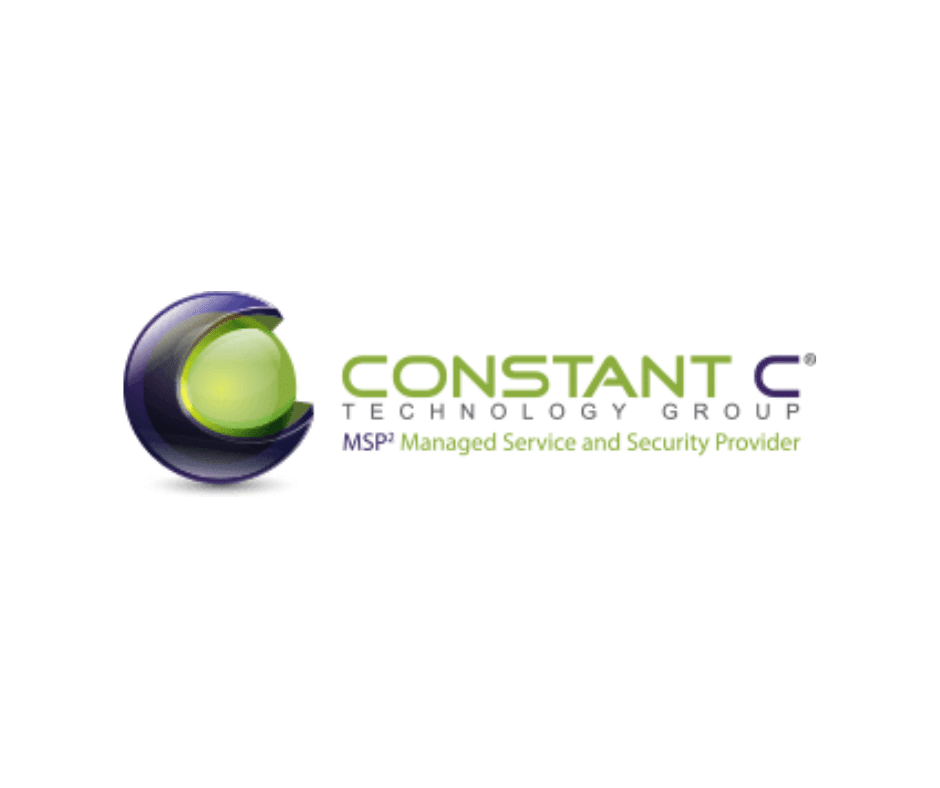With more and more businesses shifting toward cloud computing solutions such as Microsoft 365, understanding the potential security risks and how to mitigate them is essential. While Microsoft 365 offers a suite of productivity tools integrated with advanced security measures, it is not immune to threats.
Blog
Winnipeg IT Company Constant C Technology Group Expands to New, Thriving Location!

WINNIPEG, MB: Constant C Technology Group, the premier Winnipeg business IT support company, is gearing up for an incredible milestone as it moves to a new and dynamic location. Starting July 1st, 2023, our esteemed team bids farewell to our Portage Avenue space and embarks on an exciting journey at our state-of-the-art office on 260-100 Innovation Drive.
Proven business continuity strategies to safeguard your operations

Businesses operate in a volatile world where unforeseen events such as cyberthreats and natural disasters can strike at any moment. To ensure your company’s survival, it’s essential to have the following business continuity strategies in place.
Back up your data
The most effective way to ensure business continuity is to back up your data regularly.
5 Tips for secure customer data collection

Much of business centers on giving people what they want. This means understanding customers’ interests and needs by accumulating and organizing customer data. However, the methods you use to collect that data need to abide by data privacy laws. Breaching those laws can incur fines, penalties, and loss of reputation.
How to boost cybersecurity when working remotely

Remote work has become the norm, and it brings a host of benefits to both employees and employers. However, working outside of a traditional office environment introduces unique security challenges. Fortunately, there are steps you can take to improve your and your employees’ cybersecurity while working remotely.
Data Loss & Risk Assessment: Creating A Data Backup & Recovery Plan

Data loss is an omnipresent risk for businesses of all sizes. When you lose access to vital data—be it your customer’s sensitive data, information about your vendors, pricing, or something else—you might not be able to operate your business.
Protecting your data means protecting your business—but when data loss comes in so many different forms, it can be hard to know which protections to put into place.



